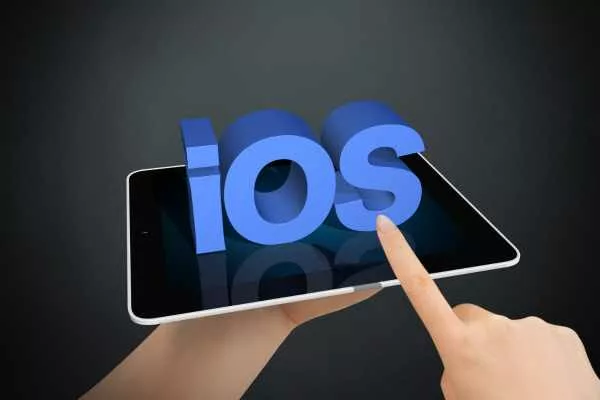Testing iOS applications is essential for ensuring their operation and dependability across several devices. With the ever-increasing demand for mobile apps, developers want powerful tools to adequately test their iOS applications. This is where iOS testing frameworks come in. These frameworks give developers the tools and resources they need to automate testing procedures, which saves time and effort. However, with so many alternatives available, deciding on the best framework might be intimidating. As a result, in order to make an educated selection, it is critical to investigate and comprehend the characteristics and capabilities of each framework. The following are five of the top iOS testing frameworks that cater to varied testing needs, ranging from automation to user interface testing:
1. Testsigma
Testsigma is a robust cloud-based test automation tool that provides exceptional efficiency in automating tests for IOS and other codes related to the web, mobile, desktop, and APIs in minutes. Its integration of numerous automations testing technologies, such as Selenium and Appium, makes writing test scripts easier. Its modular, scalable, and structured design significantly minimizes scripting and maintenance requirements. Its dynamic reports cater to stakeholders at various levels, while features such as test management, enterprise-class test data management, and integrations with CI/CD tools, bug tracking tools, and project management/test management tools add to its functionality and usability.
2. Appium
Appium emerges as a powerful cross-platform testing framework that supports iOS, Android, and Windows applications. Appium supports many programming languages, including Java, Python, and JavaScript, allowing developers to write tests in the language that is most comfortable for them. The framework’s cross-platform compatibility simplifies the testing process by allowing developers to reuse tests across several platforms and devices, saving time and effort.
3. XCTest
XCTest is Apple’s native testing framework for iOS apps. It provides significant support for both unit and UI testing. XCTest allows developers to easily incorporate testing into their Xcode workflow, making it simple to write and execute tests in the same environment as they develop their apps. The framework’s simplicity and native integration shorten the learning curve, allowing developers to focus on evaluating application behaviour rather than dealing with complicated testing configurations.
4. EarlGrey
EarlGrey, developed by Google, specializes in UI testing for iOS applications. Its primary focus lies in ensuring that user interfaces function as intended, even in complex scenarios. The framework offers powerful synchronization capabilities, meaning it can accurately wait for elements to appear or actions to complete before proceeding with the test. One notable aspect of EarlGrey is its clear and intuitive syntax, which makes it easy for developers to write and maintain tests.
5. KIF
KIF, short for Keep It Functional, is a behavior-driven testing framework designed specifically for iOS applications. Unlike traditional testing frameworks that focus solely on unit or UI testing, KIF emphasizes testing from the perspective of user interactions and workflows. This means that tests written with KIF closely mimic the actions that a user would perform when using the application. One of the main advantages of KIF is its simple and straightforward syntax.
Wrapping up
These five iOS app testing tools and frameworks listed above each offer unique features that can meet different testing needs. Choosing the right one depends on your team’s specific needs and the nature of the project at hand.

 How to Generate your E-Shram Card? Apply Online
How to Generate your E-Shram Card? Apply Online The Impact of Advanced SEO Techniques on Online Visibility
The Impact of Advanced SEO Techniques on Online Visibility Emirates Multi-City Flights Are Cheaper or Not?
Emirates Multi-City Flights Are Cheaper or Not? What Makes FamiSafe A Perfect Choice For Your Child Safety
What Makes FamiSafe A Perfect Choice For Your Child Safety How Technology is Changing Long-Distance Moving
How Technology is Changing Long-Distance Moving The Role of Certifiers in Commercial Development
The Role of Certifiers in Commercial Development Fun88 รีวิวเว็บคาสิโนออนไลน์ ใบอนุญาต ฟีเจอร์เด่น พร้อมแชร์ทางเข้า Fun88แท้ อัพเดทใหม่
Fun88 รีวิวเว็บคาสิโนออนไลน์ ใบอนุญาต ฟีเจอร์เด่น พร้อมแชร์ทางเข้า Fun88แท้ อัพเดทใหม่ Everything You Need To Know About The Champions League Final
Everything You Need To Know About The Champions League Final